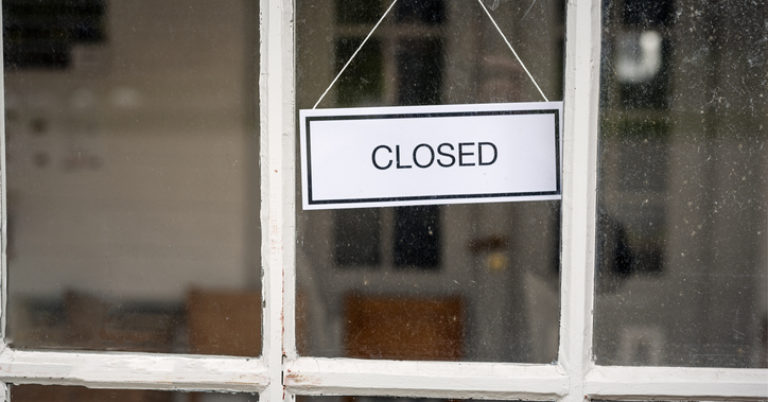
Why the White House pandemic package wouldn’t set the stage for overcoming the virus and getting Americans safely back to work
Overcoming coronavirus and restoring a healthy economy is a top priority for all Americans. Millions have suffered because of the damage caused by the pandemic and the policies that came with it.
Recovering stronger will require laser focus on defeating the virus itself — helped by vaccines and more effective treatments — and setting up the conditions in which Americans can safely return to work.
As policymakers in Washington debate a new relief package, they should build around reforms and initiatives that we know will be effective. There are federal regulations and policies that have undermined the pandemic response for months, and that threaten the nascent economic recovery. Fixing those is the right place to start. And any new spending from Washington should be timely, temporary, and targeted where it will do the most good.
Unfortunately, the $1.9 trillion spending package proposed by the White House doesn’t meet those goals. Instead of smart reforms, it’s built around a wish list of new spending for items unrelated to the pandemic, while also piling up debt and imposing counterproductive policies that would hurt the people who need the help. It won’t set the stage for a healthy economic recovery – merely fund a list of favorite pet projects.
Just by itself, this package would spend almost half what the entire government spent in all of 2018 — and it comes after multiple prior coronavirus relief packages that enacted trillions of dollars that haven’t been fully spent. It represents a massive expansion of government, with numerous provisions that have nothing to do with pandemic response and only add to the burden of future generations:
- Supplemental Unemployment Benefits: There is no doubt finding work is not as easy as it was before. We must focus on assistance to those who have lost jobs without making it harder for businesses to hire, or for the economy to grow. No one is helped if legislation weakens the recovery and extends the economic pain. While well-intentioned, a costly and permanent expansion of unemployment benefits would have that effect.
- State and local bailouts: The Biden plan includes $350 billion for state and local governments, which have already received hundreds of billions in assistance from Congress and the Federal Reserve since the pandemic began. While state and local governments saw an initial dip in revenues, many projections have been reversed and some states are seeing greater revenues than projected a year ago.
- Insurance company bailouts: The White House proposal would offer up to an estimated $50 billion in 2021 in the form of a 100 percent federal subsidy for unemployed workers’ health insurance premiums. But this is a solution in search of a problem, as fewer than 1 percent of Americans lack access to subsidized health coverage, and the number is shrinking as the economy recovers. Congress should not approve tens of billions of dollars in additional funds that will go straight to insurance companies.
- Public transit bailouts: This proposal calls for $20 billion to public transit agencies across the country, none of which is likely to improve service to travelers. This bailout by another name will likely fund boondoggle energy projects rather than essential workers.
Criticisms of this massive spending proposal are coming not just from “deficit hawks” but from economists of all backgrounds. Even Lawrence Summers, who held senior economic positions under Presidents Bill Clinton and Barack Obama, recently wrote that the Biden plan would spend far more than necessary to make up lost economic output and could lead to historic inflationary pressures. He also warns that such a massive expenditure could leave Congress unable to deal with other priorities:
If the stimulus proposal is enacted, Congress will have committed 15 percent of GDP with essentially no increase in public investment to address these challenges. After resolving the coronavirus crisis, how will political and economic space be found for the public investments that should be the nation’s highest priority?
Is the thinking that deficits can prudently be expanded longer and further? Or that new revenue will be raised? If so, will this be politically feasible?
Our national debt has climbed to nearly $28 trillion because politicians in Washington have spent years throwing money at problems without considering the cost. We can’t afford for that to continue, especially when lawmakers have already provided trillions of dollars in coronavirus relief funding.
Join the effort to stop unnecessary bailouts and recover stronger.

